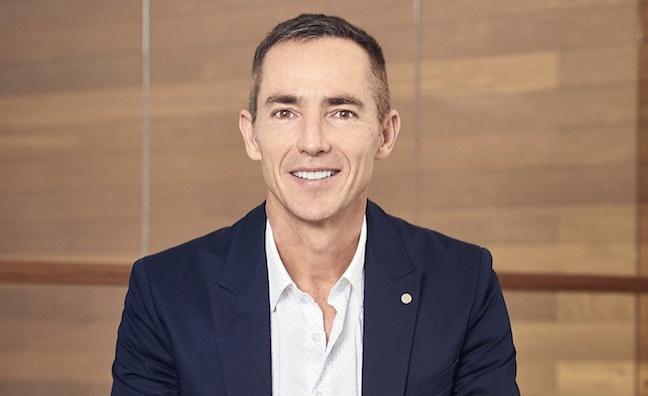Australasian music royalties have been hit by the Covid-19 pandemic and bushfires which swept the country this year.
Projected revenue is now set at A$474.5 million (£259.6m), a downgrade from original projections of the region's music performance rights management organisation APRA AMCOS, although streaming revenue has remained robust bringing in A$206m (£113m), a growth of 17.4% year-on-year.
This was 43.4% of APRA AMCOS income. Thanks to the likes of Tones And I, Jawsh 685, Sia, 5 Seconds of Summer and Kevin Parker’s Tame Impala, international revenue reached its highest amount ever, bringing in A$54.4m (£29.8m).
However, public performance income was understandably the hardest hit revenue stream in the region, bringing in A$73m (£39.9m), down from last year’s A$92.4m (£50.6m).
The result meant there will be A$407.3m (£222.9m) in royalties to be paid to songwriters, publishers, affiliated societies and rights-holders, which is down 0.9% on last year.
“Musicians and the music industry are always amongst the first to lend a hand to support, lift spirits and raise funds to rebuild community. The Covid-19 context has turned the tables and musicians have needed to put a call out for the support of governments and the rest of the community,” said APRA AMCOS CEO Dean Ormston (pictured).
“Music will be a critical part of the social, cultural and economic recovery of both Australia and New Zealand. As we move to recovery, it is now time for government to fully realise the economic, cultural and social return of the music sector. Our music industry is, by definition, a fast-moving, dynamic, agile, locally invested and globally facing industry. Now more than ever there is an opportunity to redefine and build the local and international opportunity for the local music industry, based on an integrated whole-of-government approach that fully reflects music’s impact across society.
"It is the breadth and diversity of our membership and industry that creates community, strength and opportunity for all. We look forward to contributing to the rebuild of a better, stronger, sustainable music industry.”








